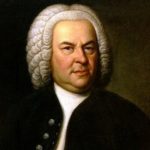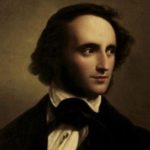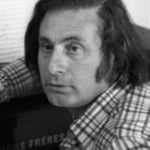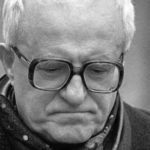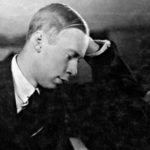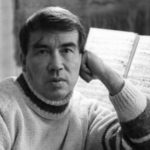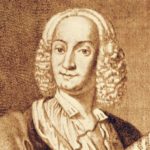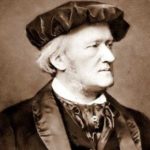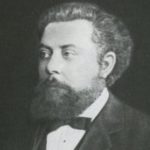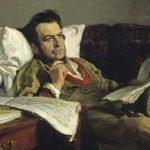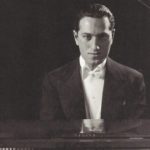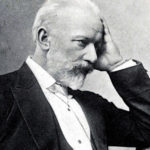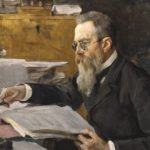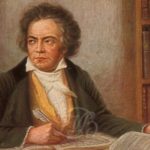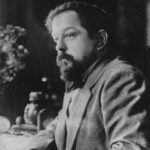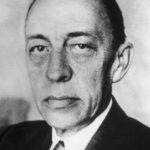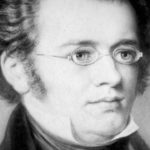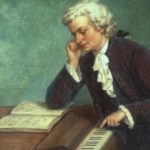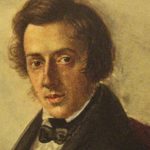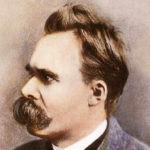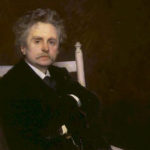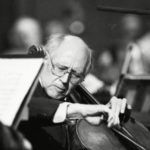20 interesting facts about Strauss
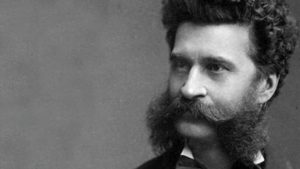 Austria presented the world with many great composers, and one of them is Johann Strauss. He presented the world with several magnificent waltzes that made him famous throughout the world, and many other works, deep and multifaceted. The work of Strauss secured him a place in the world history of music, and it is unlikely to ever be forgotten.
Austria presented the world with many great composers, and one of them is Johann Strauss. He presented the world with several magnificent waltzes that made him famous throughout the world, and many other works, deep and multifaceted. The work of Strauss secured him a place in the world history of music, and it is unlikely to ever be forgotten.
He came from a family of composers. In addition to him, two of his brothers were carried away with composing music, and they also achieved success. And their father, also called Johann Strauss, was also a famous composer.
Strauss was an Austrian, but he also had Jewish ancestors who had once moved to Austria-Hungary and, having been baptized, converted to Catholicism.
When he achieved success and became famous throughout the world, he attracted both of his composers to his concert activities. They were less known than Johann, and he thereby contributed to their success.
Strauss was married three times, and an interesting story was connected with his third marriage. His wife was Jewish, and she refused to be baptized. In Catholic Austria, they could not get married, and Strauss had to convert to the Protestant faith, and at the same time accept German citizenship in order to marry in this country.
Widely famous, Johann Strauss traveled a lot, giving concerts. He has visited almost all countries of Europe, as well as in the USA.
Strauss’s father, the composer himself, wanted his son not to follow in his footsteps, but to become a banker. At his insistence, Johann graduated from a commercial school, but in the end he still chose music.
The unwillingness to obey his father and the fact that Johann Strauss became more famous than him, led to the fact that they quarreled to such an extent that they did not reconcile until the end of their lives.
When Strauss, having studied for a musician, was to receive a musician license, his father, a man with connections, wanted to prevent this. To prevent this, the composer’s mother divorced him.
Such famous composers as Tchaikovsky and Wagner spoke very highly of Strauss’s work.
When revolutionary events took place in Austria in the 19th century, the composer supported the rebels. Later, after the revolution was suppressed, Strauss was arrested, but due to his exceptional talent he was soon acquitted.
Johann Strauss assembled his own orchestra, which performed in various places and performed only his works. True, success was prevented to the best of his ability by his father, who in every possible way inserted sticks into the wheels of his son.
In the mid-19th century, Strauss toured the Russian Empire, and at that time he was the highest paid composer in it. For one season he was paid 22 thousand gold rubles.
During his stay in Russia, Strauss fell in love. He longed for marriage, but the parents of his chosen one, alas, did not give him a blessing, so in the end he left home with nothing. The film “Farewell to St. Petersburg” tells exactly about this tragic story.
Johann Strauss left no direct descendants. He had no children.
In the American city of Boston, he held an incredible concert, in which he performed as a conductor. His works were performed by an orchestra consisting of almost a thousand musicians.
During his life, Johann Strauss created 496 pieces of music.
There are monuments to Strauss both in Austria and in Russia, in the city of Pavlovsk, in the Leningrad Region.
During his lifetime, Johann Strauss achieved such a recognition that almost no one received before or after him. Celebrating his 70th birthday was a real event for the whole of Europe.
In the 20th century, the authorities of Nazi Germany, not wanting to abandon the legacy of Johann Strauss, tried to falsify historical documents in order to hide its Jewish origin.
Strauss tore off the contract in the Russian Empire, exchanging it for a single US tour.
